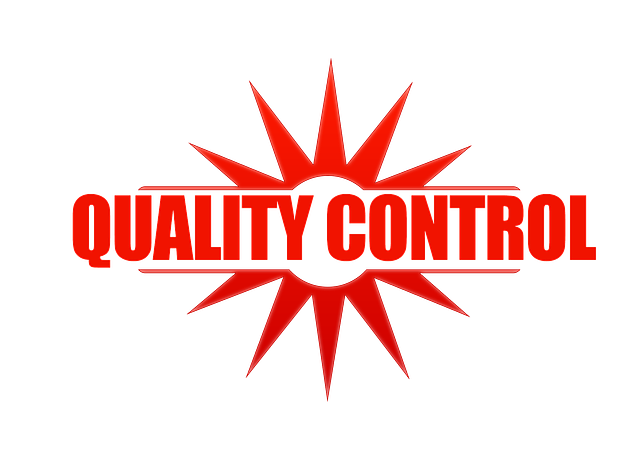In real estate, buyers must be proactive to avoid hidden surprises like structural issues, legal complexities, or unforeseen fees. Engaging professional inspectors, reviewing public records, and consulting with attorneys are crucial for a smooth transition. Transparent communication from sellers and rigorous inspections can prevent financial shocks post-purchase. Due diligence ensures buyer protection by uncovering red flags, assessing property value, and mitigating risks, fostering trust in the process.
In the dynamic realm of real estate, buyers often face hidden surprises that can mar what was initially a dream purchase. This article delves into understanding these unforeseen costs and explores powerful strategies to protect prospective homeowners. We uncover the vital role of transparency and due diligence in shielding buyers from financial shocks. By navigating these aspects, both parties can ensure a smoother transaction, fostering trust and a solid foundation for new property ownership.
Understanding Hidden Surprises in Real Estate Transactions

In real estate transactions, hidden surprises can significantly impact buyers’ decisions and post-purchase satisfaction. These surprises range from undisclosed property defects to unforeseen legal or financial complexities. Understanding what these surprises might be is the first step in protecting buyers. One common example is structural issues that may not be visible during initial inspections, such as foundation problems or hidden water damage. Similarly, legal aspects like easements, zoning restrictions, or unexpected fees can also fall under this category.
Buyers should be educated about what to look out for and encouraged to conduct thorough research. This includes engaging professional inspectors, reviewing public records, and consulting with real estate attorneys. By taking proactive measures, buyers can avoid being caught off guard by hidden surprises, ensuring a smoother transition into homeownership or investment.
Strategies to Shield Buyers from Unforeseen Costs

To shield buyers in real estate from unforeseen costs, it’s crucial to implement transparent communication and thorough inspection practices. Sellers and agents should disclose all relevant information about the property, including any known issues or recent renovations. This proactive approach empowers buyers to make informed decisions and avoid costly surprises post-purchase.
Additionally, a meticulous home inspection is paramount. Engaging professional inspectors who can uncover hidden defects, such as structural problems or faulty systems, ensures that buyers are fully aware of the property’s condition. By addressing these issues upfront, both parties can negotiate terms that reflect the actual state of the real estate, fostering trust and minimizing financial shocks.
The Role of Transparency and Due Diligence in Buyer Protection

In the realm of real estate, transparency is a cornerstone of trust between buyers and sellers. When purchasing a property, buyers should have clear and accessible information about the asset they are investing in. This includes details on the property’s history, any existing liens or legal issues, and potential hidden costs associated with maintenance or repairs. Transparency breeds confidence, ensuring buyers make informed decisions without hidden surprises lurking beneath the surface.
Due diligence plays a pivotal role in safeguarding buyer interests. It involves a comprehensive investigation into the property’s condition, market value, and legal standing. By conducting thorough due diligence, prospective buyers can uncover potential red flags, assess the true worth of the real estate, and mitigate risks. This process is instrumental in preventing costly mistakes and ensuring a seamless transition from buyer to owner without unforeseen challenges or surprises.






